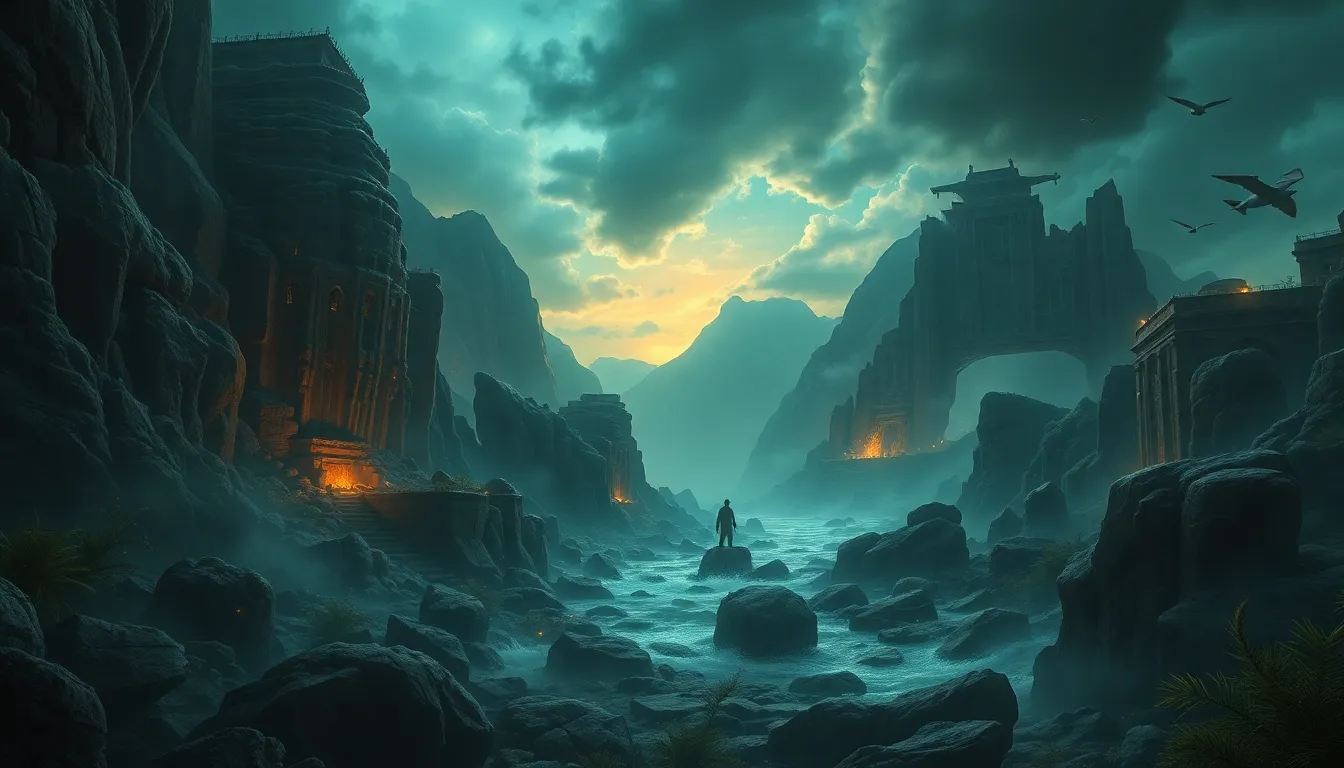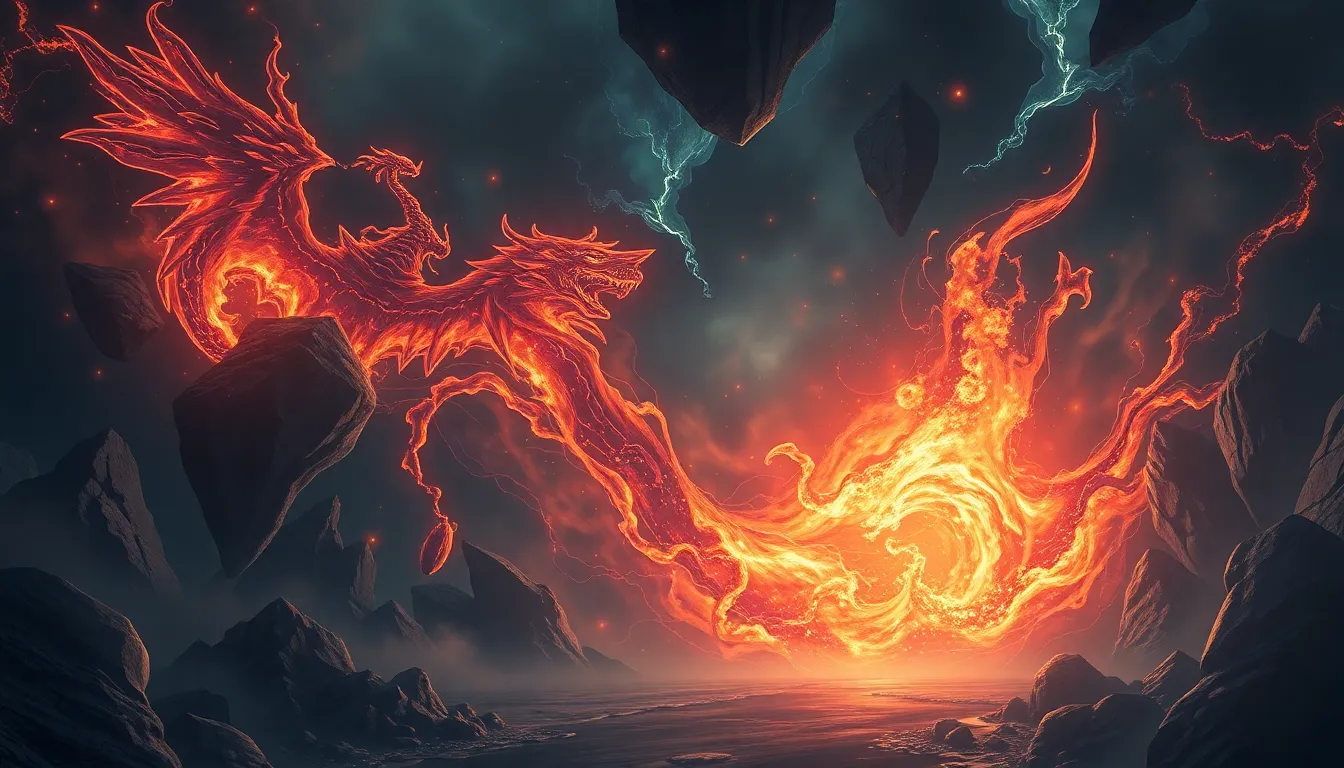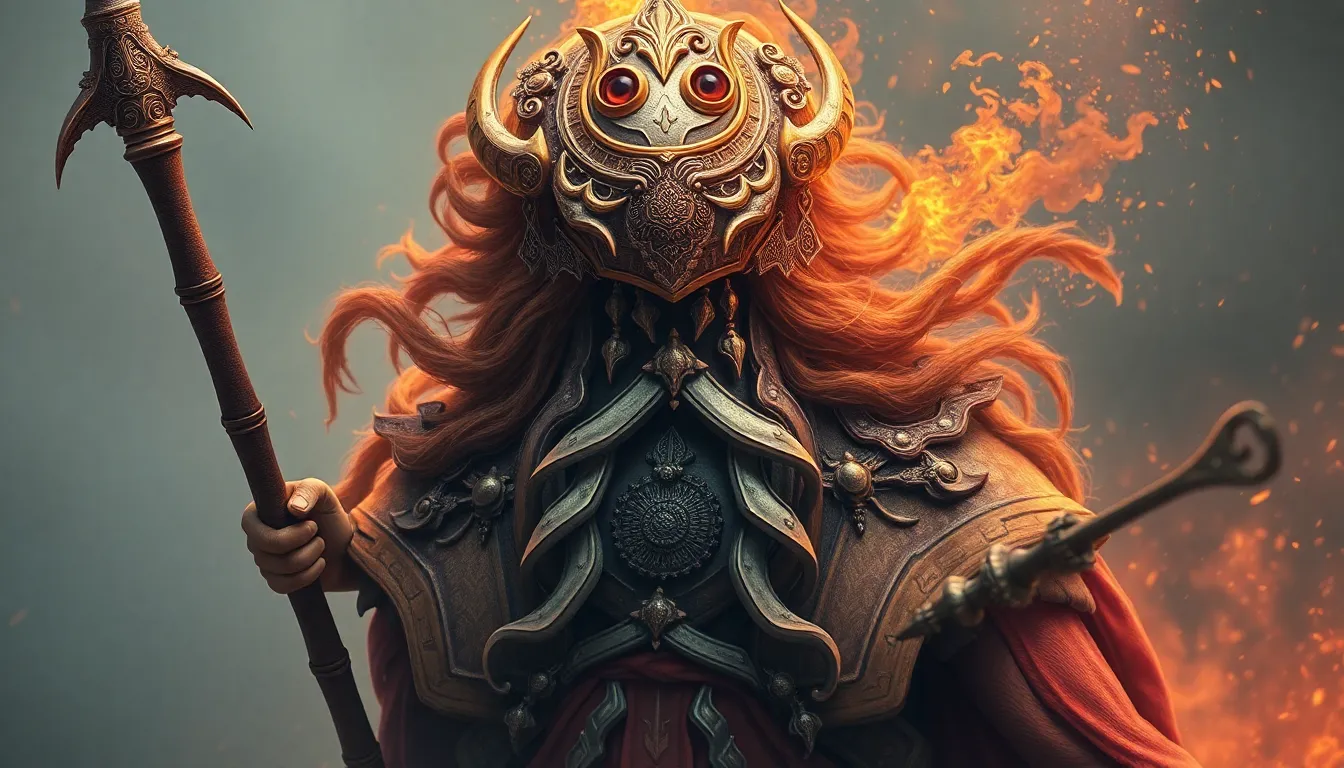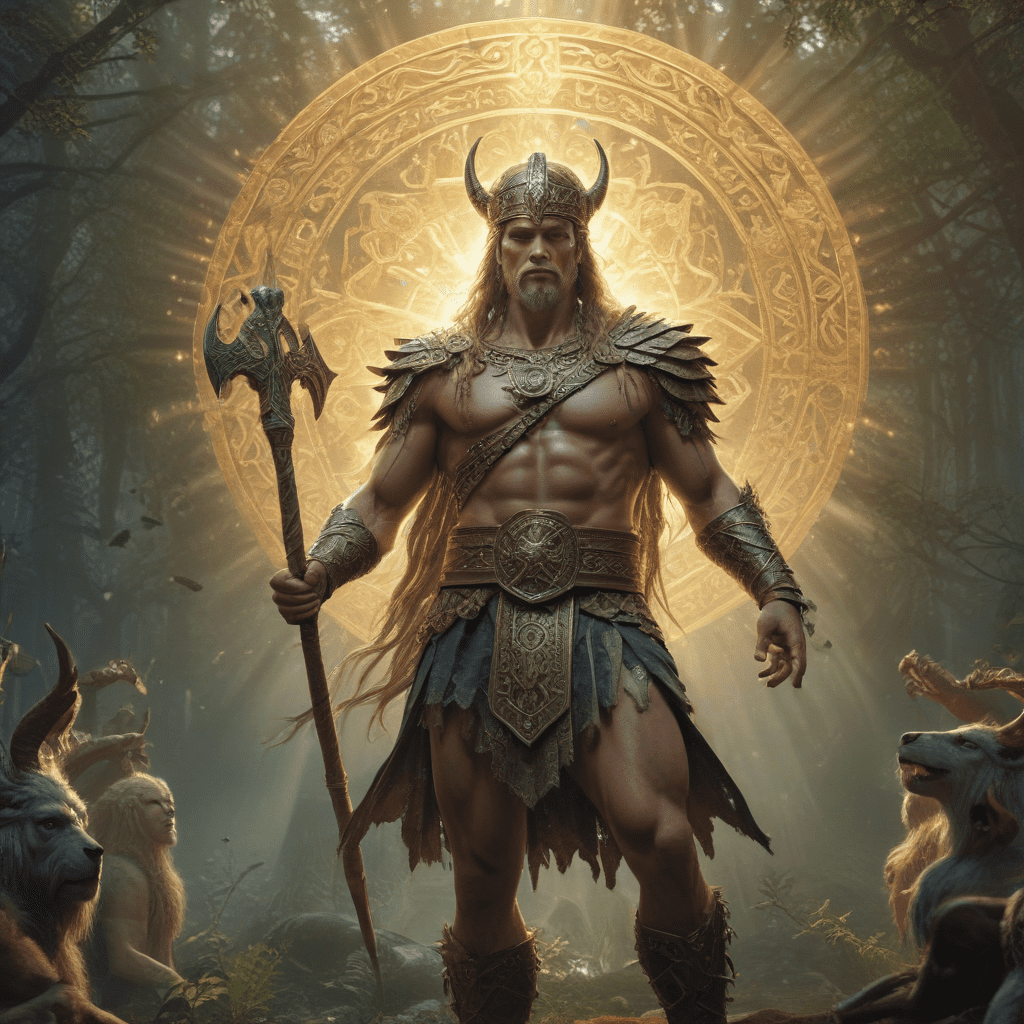Legends of the Lost Tribes: Mythical Journeys of Discovery
Introduction to Lost Tribes: Myth and Reality
The concept of lost tribes has captivated human imagination across cultures and epochs. These groups, often shrouded in mystery and legend, are seen as remnants of ancient civilizations or societies that vanished without a trace. In a historical and cultural context, lost tribes can be defined as those communities that have either disappeared from mainstream narratives or are believed to exist in hidden realms. The fascination surrounding them stems from humanity’s innate desire to explore the unknown and discover untold stories.
Historical Roots of the Lost Tribes Legend
Throughout history, tales of lost tribes have been woven into the fabric of various civilizations. From the ancient Greeks to the indigenous peoples of the Americas, stories of civilizations that have vanished or remain undiscovered have persisted.
- Ancient Civilizations: The Greeks spoke of the Hyperboreans, a mythical tribe living in eternal bliss beyond the North Wind.
- Explorers and Adventurers: The Age of Exploration saw many adventurers seeking these lost tribes, often exaggerating their findings and shaping myths that continue to endure today.
Notable Lost Tribes in History
Several lost tribes have captured the imagination of historians and adventurers alike:
- The Ten Lost Tribes of Israel: Originating from the ancient Kingdom of Israel, these tribes disappeared after the Assyrian conquest. Various theories suggest they migrated to regions as far as India or Africa.
- The Legend of Atlantis: First mentioned by Plato, this mythical civilization is said to have sunk into the ocean. Its search has inspired countless expeditions and theories.
- The Lost City of Z: Percy Fawcett’s quest for a supposed ancient civilization in the Amazon has become legendary, reflecting the allure of undiscovered worlds.
Cultural Significance of Lost Tribes
Myths of lost tribes often mirror societal values and fears. These stories serve not only as entertainment but also as cautionary tales, reflecting the human condition.
- Societal Values: Tales of lost tribes often highlight themes of loss, survival, and the consequences of human actions.
- Storytelling: They preserve cultural heritage, conveying wisdom and lessons from one generation to the next.
Explorers and Adventurers: Key Figures in the Search
Numerous explorers have dedicated their lives to uncovering the mysteries surrounding lost tribes:
- Hiram Bingham: Known for his rediscovery of Machu Picchu, Bingham was instrumental in bringing attention to the Incan civilization.
- Percy Fawcett: His expeditions in the Amazon aimed to find the Lost City of Z, leading to his mysterious disappearance in 1925.
The journeys of these explorers have significantly contributed to the mythology surrounding lost tribes, intertwining fact with fiction.
Modern Interpretations and Discoveries
Advancements in archaeology and technology have reshaped our understanding of lost tribes:
- Archaeological Findings: Discoveries such as ancient ruins and artifacts have sometimes confirmed the existence of tribes once thought to be mythical.
- Role of Technology: Techniques like satellite imaging and ground-penetrating radar are now used to uncover hidden civilizations, making the search for lost tribes more scientific.
The Psychological Allure of Lost Tribes
The human psyche is deeply drawn to the idea of lost tribes, reflecting a desire for adventure and exploration:
- Desire for Adventure: The search for lost tribes represents a quest for the unknown, an intrinsic human trait.
- Symbolism: Lost tribes symbolize hope and the possibility of rediscovery, a reminder of what once was and what could be again.
Legends in Popular Culture
Lost tribes have been portrayed in various forms of popular culture, influencing public perception:
- Literature: Novels like “Heart of Darkness” and “The Lost City of Z” explore themes of civilization and the quest for the unknown.
- Film: Movies such as “Indiana Jones” and “Apocalypto” depict lost tribes, shaping the way audiences view these cultures.
- Art: Artists have represented lost tribes in various mediums, often romanticizing their lives.
Current Expeditions and Research
Today, the search for lost tribes continues, with researchers navigating the delicate balance between discovery and ethics:
- Ongoing Research: Expeditions are still undertaken in remote areas, particularly in the Amazon and other uncharted territories.
- Ethics: The exploration of indigenous lands raises ethical questions about respect, consent, and the impact on local cultures.
Conclusion: The Legacy of Lost Tribes in Our World
The legends of lost tribes offer profound insights into humanity’s past, reflecting our desires, fears, and the innate need for connection. They remind us of the stories that shape our identities and the importance of preserving the cultures of indigenous peoples. As we continue to explore and discover, it is essential to honor these narratives, ensuring that the legacy of lost tribes remains alive in our collective consciousness.



